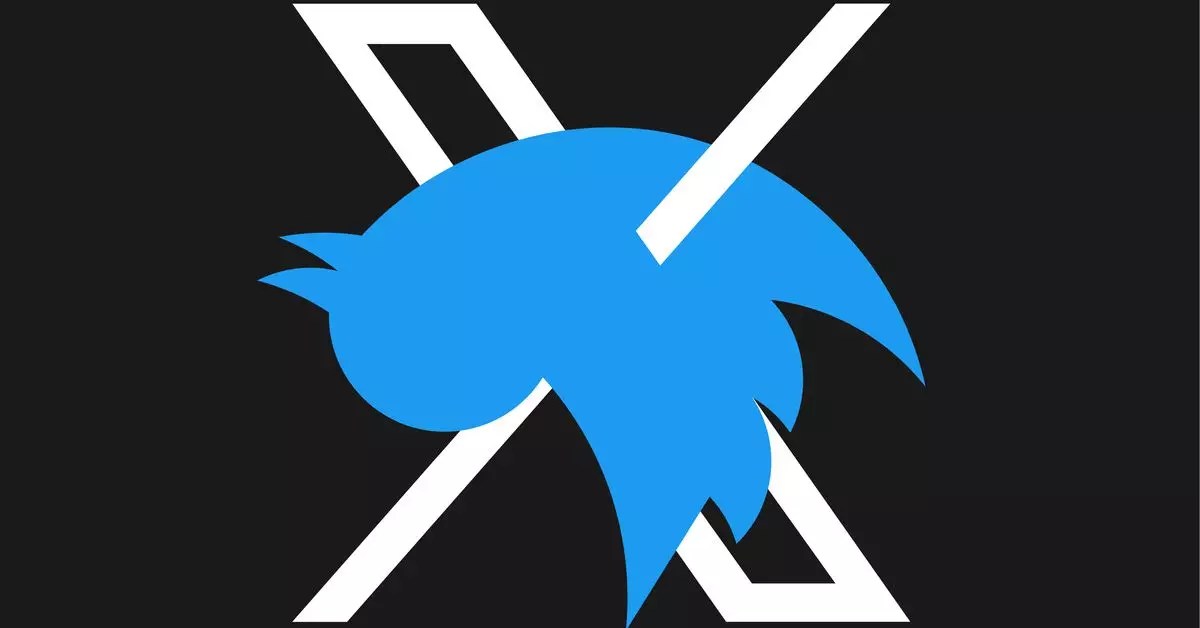In recent years, Twitter has undergone significant changes that have ultimately led to its downfall. From its humble beginnings as a social media platform that revolutionized communication and news-sharing, it has now become a shell of its former self. This article will critically analyze the rise and fall of Twitter, exploring the reasons behind its demise and the impact it had on society.
Misunderstanding the Platform
One of the key reasons for Twitter’s downfall was its leadership’s failure to comprehend the true essence of the platform. Twitter’s users, rather than the company itself, were the ones responsible for introducing innovative features such as hashtags and retweets. These users transformed Twitter into a hub for everything from comedic content to social movements. Additionally, Twitter became a vital source of breaking news, where journalists and their verified blue check marks became influential figures in the online discourse.
Trump and Musk: The Power Users
Two individuals who played pivotal roles in Twitter’s demise were Donald Trump and Elon Musk. These power users were both addicted to Twitter, and their actions had a profound impact on the platform. President Trump utilized Twitter as a weapon to wage information wars on a daily basis, causing division and spreading misinformation. On the other hand, Elon Musk’s unpredictable behavior and controversial statements often overshadowed any significant Twitter conversations.
During the Trump administration, Twitter faced two significant challenges. Firstly, the relentless usage of Twitter by President Trump amplified the platform’s flaws. His tweets fueled controversies, undermining the credibility of the platform and raising questions about its moderation policies. Secondly, journalists at traditional news outlets faced a dilemma as individual reporters built personal brands on Twitter while grappling with the demands of their institutions. This clash between professional responsibilities and personal branding further contributed to the chaotic nature of the platform.
Twitter’s vulnerability was accentuated when Elon Musk bought the company and rebranded it as “X.” This move not only destabilized the platform but also symbolized a complete break from its previous identity. Musk’s acquisition of Twitter highlighted a significant turning point in its history. It exposed the glaring weaknesses in the platform’s infrastructure, moderation controls, and overall management.
The True Cost
The demise of Twitter has resulted in the loss of a once-powerful tool. Its potential as a source of real-time news, connector of communities, and catalyst for societal change has been squandered. The inability of the platform to address rampant harassment, misinformation, and the spread of hate speech has eroded trust in its role as a reliable source of information.
Twitter’s demise can be attributed to a combination of factors, including its leadership’s inability to understand the platform, the influence of power users like Trump and Musk, and the platform’s vulnerability. The impact of Twitter’s decline extends beyond the loss of a social media platform; it represents a failure of an era where hopes for increased connectivity and positive change were pinned on technology. Moving forward, it is crucial to learn from the mistakes of Twitter and reassess the role of social media in fostering healthy discourse and meaningful connections.


Leave a Reply